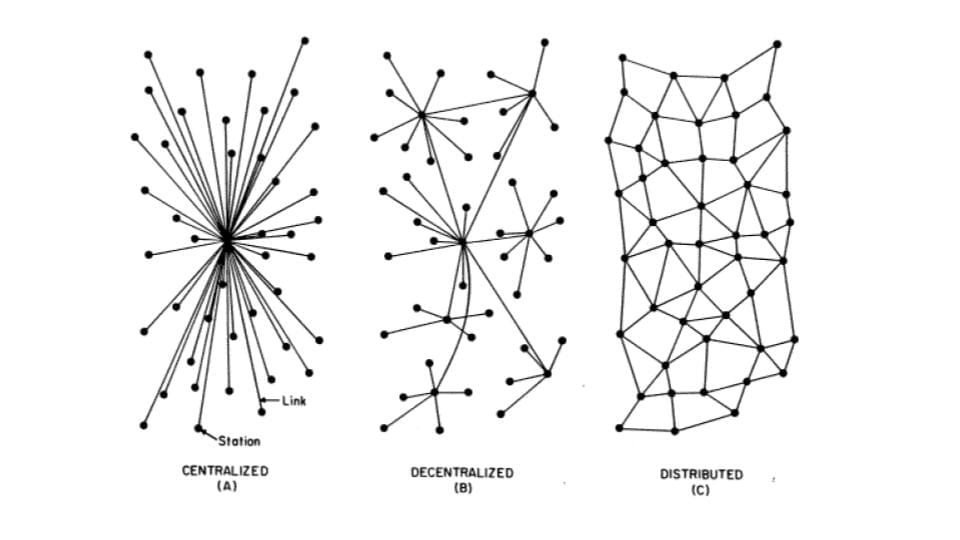Decentralized Storage and Publication with IPFS and Swarm
In this article, we outline two of the most prominent solutions for decentralized content publication and storage. These two solutions are IPFS (InterPlanetary File System) and Ethereum’s Swarm.
With the advent of blockchain applications in recent years, the Internet has seen a boom of decentralization. The developer world has suddenly gotten the sense of the green pastures that lie beyond the existing paradigm, based on the server–client model, susceptible to censoring at the whims of different jurisdictions, cloud provider monopolies, etc.
Turkey’s ban of Wikipedia and The “Great Firewall of China†are just some examples. Dependence on internet backbones, hosting companies, cloud providers like Amazon, search providers like Google — things like these have betrayed the initial internet promise of democratization of knowledge and access to information.
As this article on TechCrunch said two years ago, the original idea of the internet was “to build a common neutral network which everyone can participate in equally for the betterment of humanityâ€. This idea is now reemerging as Web 3.0, a term that now means the decentralized web — an architecture that is censorship proof, and without a single point of failure.

As Gavin Wood, one of Ethereum’s founders, in his 2014 seminal work on Web 3.0 put it, there is “increasing need for a zero-trust interaction systemâ€. He named the “post-Snowden webâ€, and described four components to it: “static content publication, dynamic messages, trustless transactions and an integrated user-interfaceâ€.
Decentralized Storage and Publication
Before the advent of cryptocurrency — and the Ethereum platform in particular — we had other projects that aimed to develop distributed applications.
- Freenet: a peer to peer (p2p) platform created to be censorship resistant — with its distributed data store — was first published in 2000.
- Gnutella network: enabled peer-to-peer file sharing with its many client incarnations.
- BitTorrent: was developed and published as early as 2001, and Wikipedia reports that, in 2004, it was “responsible for 25% of all Internet trafficâ€. The project is still here, and is technically impressive, with new projects copying its aspects — hash-based content addressing, DHT distributed databases, Kademlia lookups …
- Tribler: as a BitTorrent client, it added some other features for users, such as onion routed p2p communication.
Both of our aforementioned projects build on the shoulders of these giants.
IPFS

The InterPlanetary File System was developed by Juan Benet, and was first published in 2014. It aims to be a protocol, and a distributed file system, replacing HTTP. It’s a mixture of technologies, and it’s pretty low level — meaning that it leaves a lot to projects or layers built on top of it.
An introduction to the project by Juan Benet from 2015 can be found in this YouTube video.
IPFS aims to offer the infrastructure for reinventing the Internet, which is a huge goal. It uses content addressing — naming and lookup of content by its cryptographic hash, like Git, and like BitTorrent, which we mentioned. This technique enables us to ensure authenticity of content regardless of where it sits, and the implications of this are huge. We can, for example, have the same website hosted in ten, or hundreds of computers around the world — and load it knowing for sure that it’s the original, authentic content just by its hash-based address.
This means that important websites — or websites that may get censored by governments or other actors — don’t depend on any single point, like servers, databases, or even domain registrars. This, further, means that they can’t be easily extinguished.
The Web becomes resistant.
One more consequence of this is that we don’t, as end users, have to depend on internet backbones and perfect connectivity to a remote data center on another continent hosting our website. Countries can get completely cut off, but we can still load the same, authentic content from some
Truncated by Planet PHP, read more at the original (another 2904 bytes)